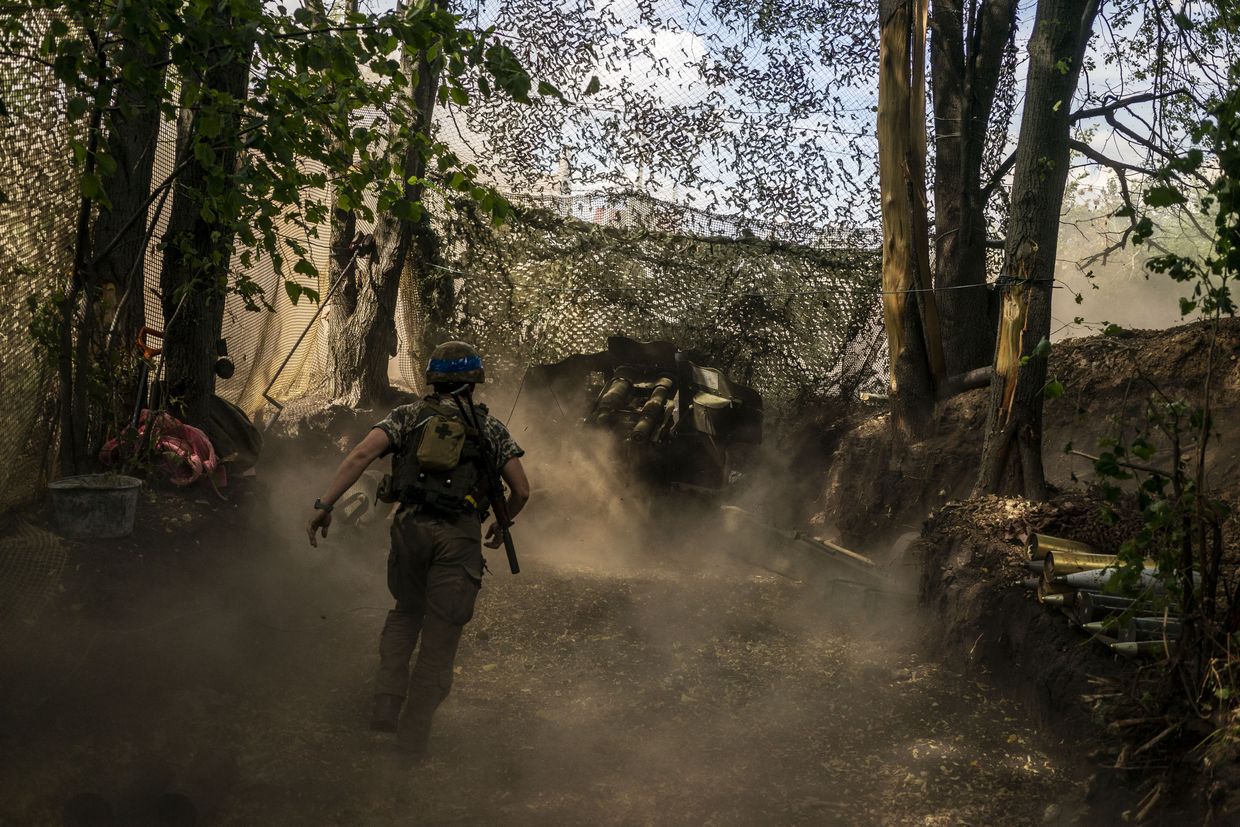Citing security concerns, Russian authorities restrict entry to border areas of Belgorod Oblast

Authorities in Russia's Belgorod Oblast instituted restrictions on entering 14 towns and villages by the Ukrainian border due to an "extremely difficult operational situation," Governor Vyacheslav Gladkov said on July 16.
Reports of rocket or drone attacks against Belgorod Oblast, which borders Ukraine's Sumy, Kharkiv, and Luhansk oblasts, have become a common occurrence in recent months.
There have also been repeated instances of pro-Ukrainian militia groups, consisting of Russian citizens, conducting cross-border raids into Belgorod Oblast and other border areas.
Gladkov said that enhanced security measures would be instituted in the areas in question, including the suspension of public transport and the creation of military checkpoints.
Only adult men with protective gear, accompanied by soldiers and local officials, will be able to enter, the governor said.
In response to the ongoing attacks and raids at the border, Russian President Vladimir Putin proposed the creation of a "demilitarized" or "sanitary" zone in Ukraine that would put Russian territory and illegally occupied parts of Ukraine out of range of Ukrainian weapons.
The launch of Russia's renewed offensive against Kharkiv Oblast in May 2024 was thought to be part of the goal of establishing such a "sanitary zone."
The offensive was effectively bogged down in just about two weeks, with Ukrainian forces counterattacking near the border town of Vovchansk.
Kremlin spokesperson Dmitry Peskov downplayed both the lack of success in the Kharkiv offensive and the introduction of heightened border security measures on July 17, claiming that the operation to create a "sanitary zone" was still ongoing.














